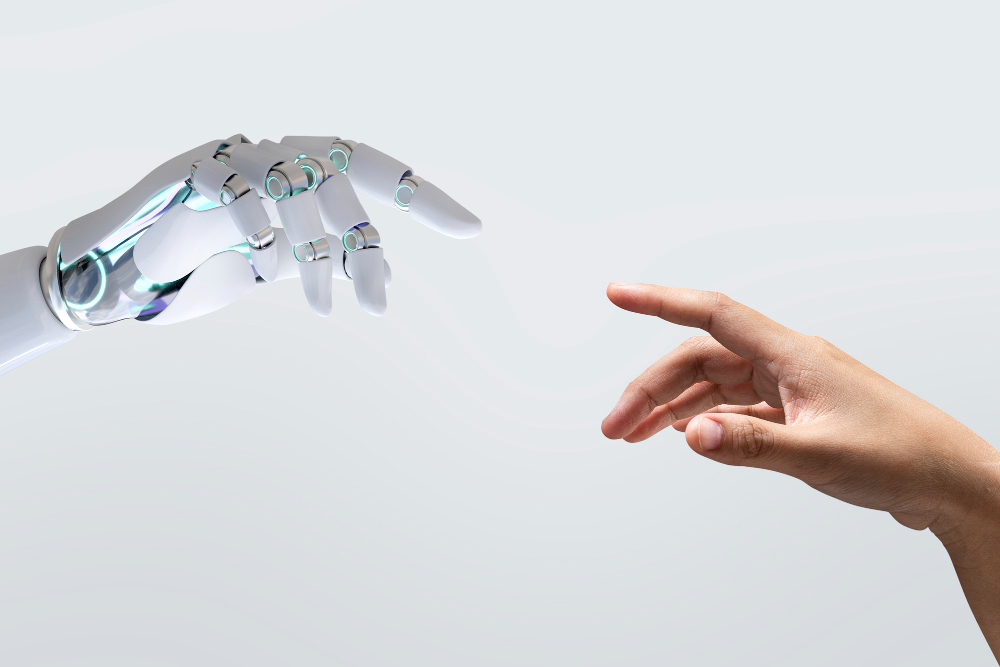The Significance of Artificial Intelligence in the World of Wine

The Significance of Artificial Intelligence in the World of Wine
July 10, 2023, 12:00 pm
In recent years, the world of wine has seen a transformative shift with the integration of Artificial Intelligence (AI) into various aspects of the industry. AI, a technology that enables machines to simulate human intelligence, has proven to be a game-changer in enhancing wine production, marketing, and consumer experience. The marriage of AI and wine brings forth a plethora of opportunities and benefits that redefine the way we perceive and enjoy this ancient beverage.
1. Precision Agriculture and Vineyard Management
One of the primary areas where AI has made a significant impact is in precision agriculture and vineyard management. Through the use of sensors, drones, and satellite imagery, AI can collect and analyze vast amounts of data related to soil conditions, temperature, humidity, and other environmental factors. This data-driven approach allows winemakers to monitor the health of their vineyards in real-time, leading to more precise irrigation, disease detection, and pest control. As a result, vineyard yields can be optimized, while the quality of grapes is improved, leading to better wines overall.
2. Enhancing Wine Production
AI has also found a prominent role in the wine production process itself. From grape sorting and crushing to fermentation control and aging, AI-driven systems can make intelligent decisions based on historical data and sensory analysis. By continuously learning from past vintages and adjusting parameters accordingly, AI can assist winemakers in creating consistent and high-quality wines year after year. Moreover, AI's ability to detect minute variations in flavor profiles can aid in maintaining the desired characteristics of iconic wines, ensuring that each bottle reflects the true essence of the vineyard.
3. Personalized Wine Recommendations
The fusion of AI and wine has revolutionized the way consumers discover and purchase their favorite wines. AI-powered recommendation systems analyze vast databases of consumer preferences, historical sales, and expert reviews to offer personalized wine suggestions to individual buyers. These algorithms take into account the unique tastes of consumers, helping them explore new wines tailored to their palates. As a result, wine enthusiasts can broaden their horizons and discover hidden gems that align with their specific preferences.
4. Wine Fraud Detection
Counterfeit wine is a persistent problem in the industry, undermining consumer trust and damaging the reputation of reputable wineries. Here, AI's ability to identify patterns and anomalies proves invaluable. By analyzing labels, bottles, and historical data, AI algorithms can detect potential counterfeit wines, safeguarding both consumers and producers from fraudulent activities.
5. Predictive Analytics and Market Insights
AI-powered predictive analytics provide wineries with valuable insights into market trends, consumer behavior, and inventory management. These systems can analyze social media, sales data, and industry reports to anticipate demand patterns and adjust production and distribution accordingly. As a result, wineries can optimize their supply chain, reduce waste, and stay ahead in a highly competitive market.
Conclusion
As the world of wine continues to evolve, embracing Artificial Intelligence has become not just a trend but a necessity. From the vineyard to the bottle and beyond, AI's influence has reshaped the industry by enhancing efficiency, quality, and customer satisfaction. As technologies advance and AI becomes more sophisticated, we can expect even more innovative applications, cementing its position as an indispensable tool in the world of wine. Nonetheless, it's essential to strike a balance between traditional winemaking practices and AI-driven advancements, ensuring that the essence of craftsmanship and the art of winemaking remain at the heart of this timeless tradition.
